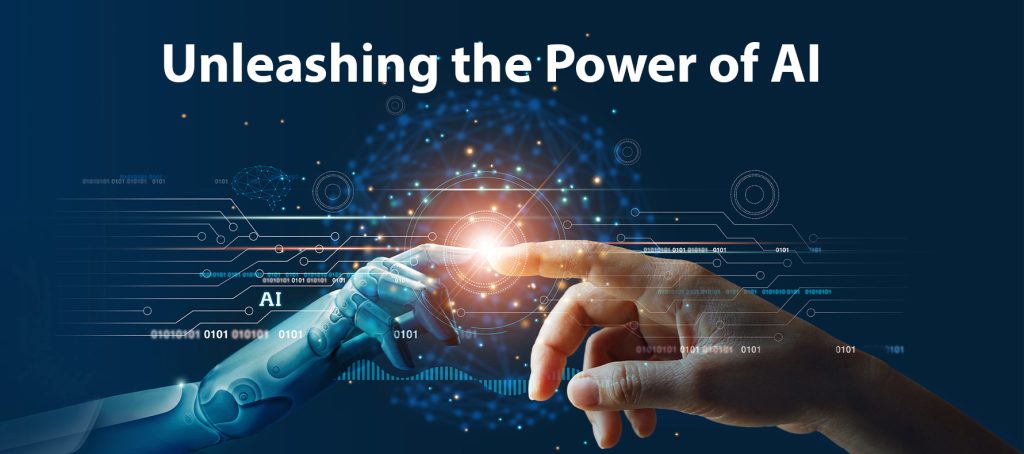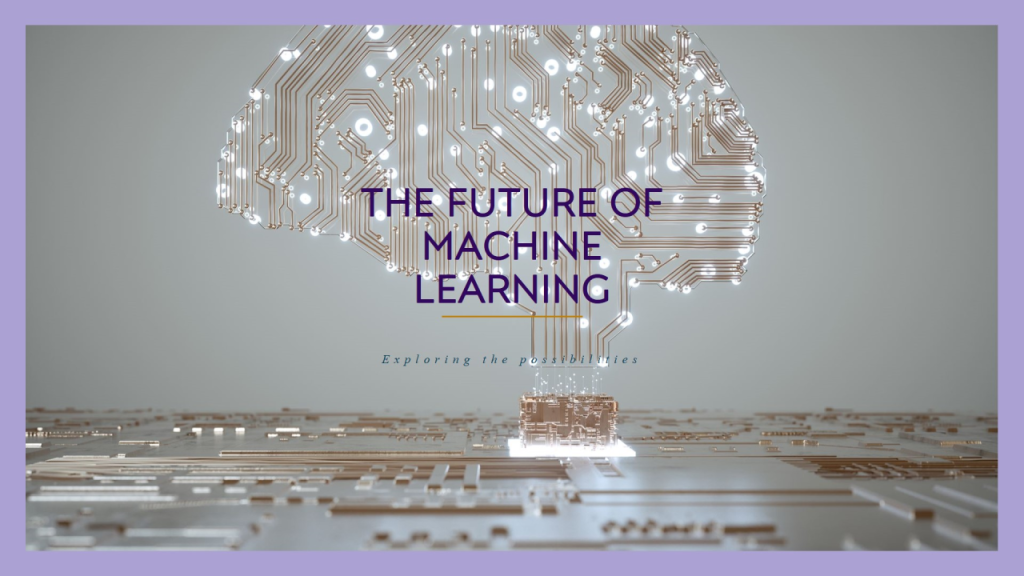
Artificial intelligence (AI) is no longer the stuff of science fiction. It’s rapidly transforming industries and reshaping how businesses operate. At the forefront of this revolution lies machine learning (ML), a powerful subfield of AI that empowers computers to learn and improve without explicit programming.
Machine learning algorithms can analyze vast amounts of data, identify patterns, and make predictions with incredible accuracy. This capability is fundamentally changing the way businesses approach everything from customer service to supply chain management.
How Machine Learning is Revolutionizing Business Operations
Here are some key ways machine learning is impacting businesses:
- Enhanced Decision Making: ML algorithms can analyze complex datasets to uncover hidden insights that would be difficult or impossible for humans to identify. This empowers businesses to make data-driven decisions that optimize strategies, improve resource allocation, and maximize ROI.
For example, an e-commerce company can use machine learning to analyze customer purchase history and recommend relevant products, leading to increased sales and customer satisfaction.
- Automated Processes and Increased Efficiency: Repetitive, time-consuming tasks can be automated using machine learning. This frees up human employees to focus on more strategic and creative work, boosting overall productivity and efficiency.
Imagine a manufacturing company deploying ML-powered robots to perform tasks like quality control or assembly line operations. This not only reduces human error but also allows employees to focus on innovation and process improvement.
- Personalized Customer Experiences: Machine learning allows businesses to personalize customer experiences at scale. By analyzing customer data and preferences, companies can tailor marketing campaigns, product recommendations, and support interactions to individual needs.
This personalized approach fosters stronger customer relationships, loyalty, and brand advocacy.
- Predictive Maintenance: Machine learning can be used to predict equipment failures before they occur. By analyzing sensor data from machines, companies can identify potential problems and schedule preventative maintenance, minimizing downtime and production losses.
This proactive approach can save businesses significant costs associated with unplanned equipment failures.
- Fraud Detection and Risk Management: Machine learning algorithms can analyze financial transactions and identify patterns indicative of fraudulent activity. This can help businesses prevent financial losses and protect customer data.
In the financial sector, for example, machine learning can be used to detect anomalies in credit card transactions and flag potential fraud attempts in real-time.
The Future of Machine Learning in Business

Machine learning is still in its early stages of development, but its potential impact on business operations is vast. As technology continues to evolve, we can expect to see even more innovative applications emerge across various industries. Here are some exciting possibilities:
- Hyper-personalized Products and Services: Machine learning will enable businesses to create highly customized products and services that cater to individual customer preferences and needs.
- Revolutionizing Logistics and Supply Chains: ML-powered optimization of logistics networks will lead to more efficient delivery routes, reduced transportation costs, and improved inventory management.
- Enhanced Cybersecurity: Machine learning algorithms can be used to detect and prevent cyberattacks in real-time, safeguarding sensitive business data and customer information.
The future of business is undoubtedly intertwined with the advancement of machine learning. By embracing this powerful technology and its transformative potential, businesses can gain a significant competitive edge and unlock new pathways to success.

